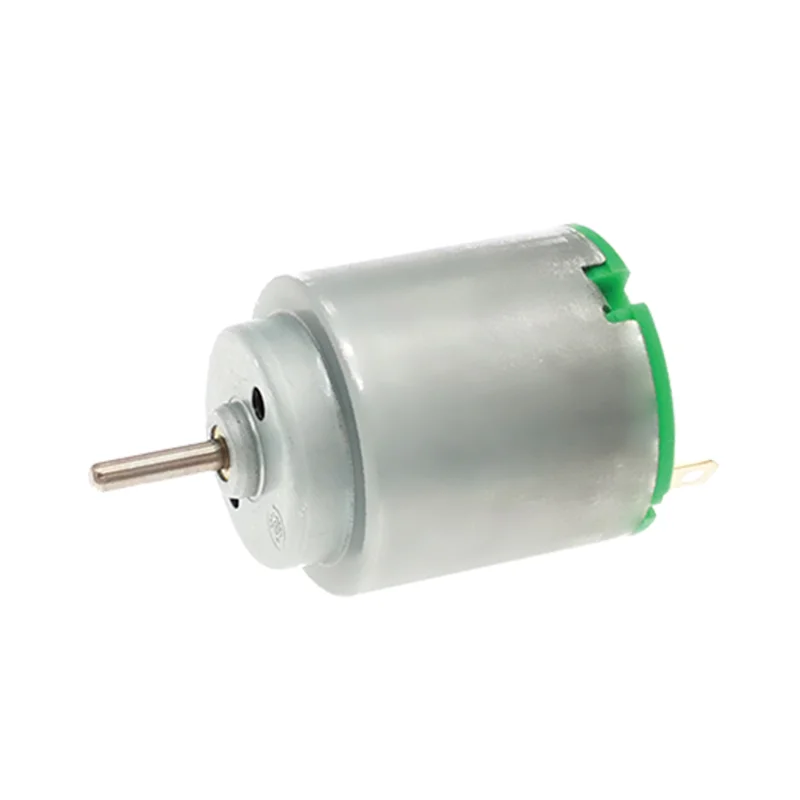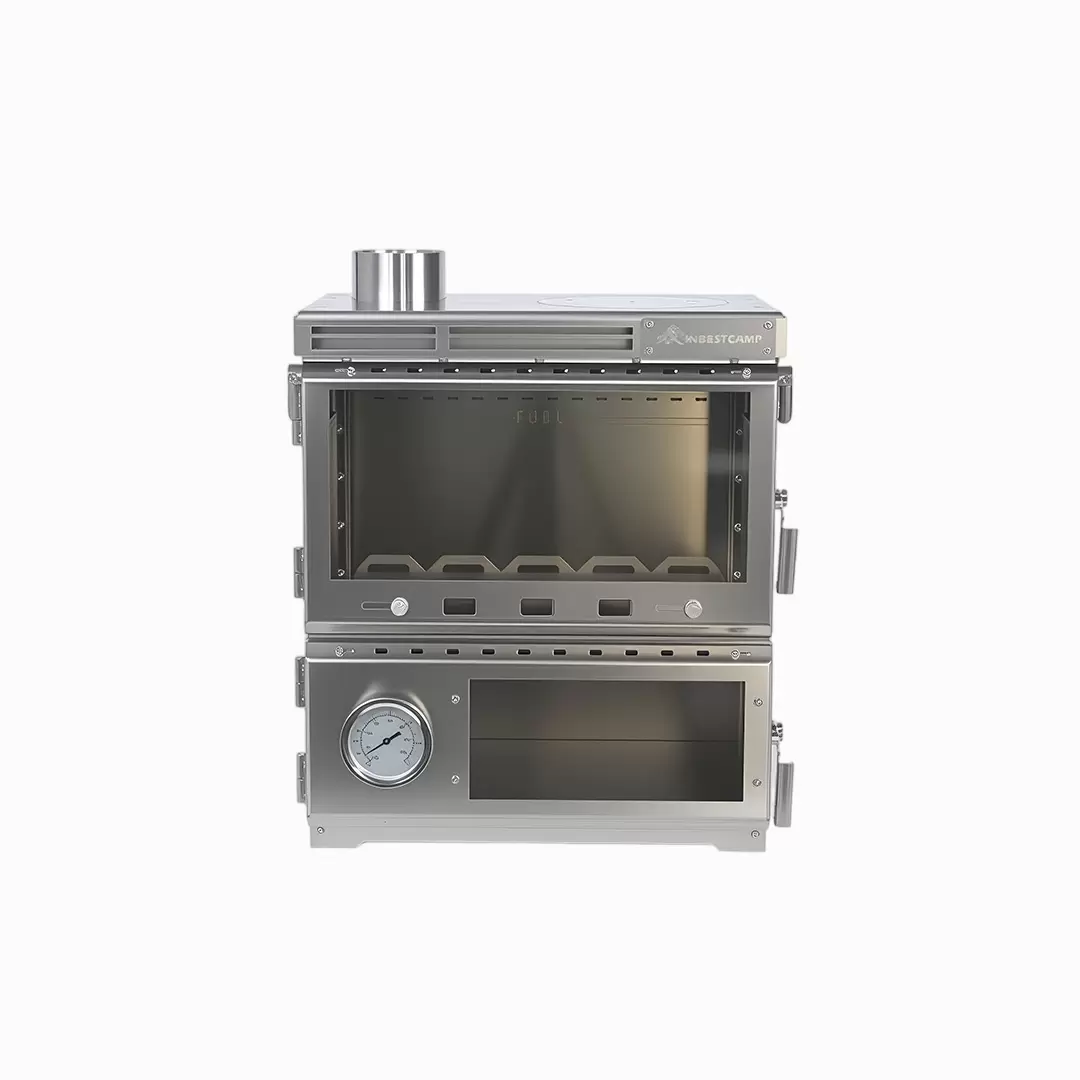Today, with the rapid development of refrigeration technology, liquid nitrogen tanks, as an important low-temperature storage equipment, have been widely used in biomedicine, food industry, agricultural research and other fields. With its efficient cooling performance and stable storage environment, liquid nitrogen tanks provide reliable experimental conditions for scientific researchers and long-term preservation methods for the food industry.

Working principle of liquid nitrogen tank
The liquid nitrogen tank creates an extremely low internal temperature environment through the evaporation and heat absorption principle of liquid nitrogen. Liquid nitrogen acts as a coolant and absorbs heat when evaporating inside the tank, causing the temperature inside the tank to drop rapidly and maintain it at a very low level. This low-temperature environment can effectively extend the shelf life of samples and maintain their original biological activity or food flavor.
Application fields of liquid nitrogen tanks
1. Biomedicine: In the field of biomedicine, liquid nitrogen tanks are often used to preserve biological samples, such as blood, cells, tissues, etc. A low-temperature environment can slow down the metabolic process of biological samples, prevent cell death, and provide a reliable source of samples for subsequent experimental research.
2. Food industry: In the food industry, liquid nitrogen tanks are used for long-term preservation and freezing processing of food. For example, liquid nitrogen rapid freezing technology can maintain the nutritional content and taste of food and extend the shelf life of food.
3. Agricultural scientific research: In agricultural scientific research, liquid nitrogen tanks are often used to preserve agricultural biological resources such as seeds and strains. Through low-temperature preservation, the genetic stability and biological activity of resources can be maintained, providing abundant germplasm resources for agricultural scientific research.
Selection and use of liquid nitrogen tanks
When purchasing a liquid nitrogen tank, you need to pay attention to key indicators such as its capacity, insulation performance, and sealing performance. At the same time, during use, the operating procedures must be followed, and the tank sealing and liquid nitrogen margin must be checked regularly to ensure the safe operation of the equipment. In addition, for different types of samples, appropriate storage conditions and containers need to be selected according to their characteristics.
Conclusion
As an important equipment for refrigerated storage, liquid nitrogen tanks provide strong support for scientific research and industrial fields. With the continuous advancement of science and technology, the performance and application fields of liquid nitrogen tanks will continue to expand, bringing more convenience and possibilities to human production and life.
shunyi
wxam.assistant@marketingforce.com








+ There are no comments
Add yours